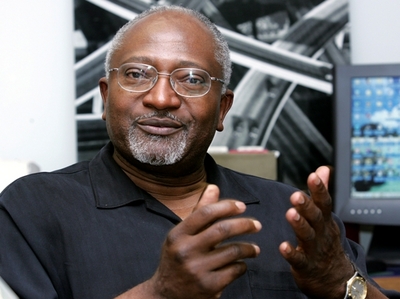It is no accident the modern Civil Rights Movement and the Environmental Justice Movement were born in the South, where over 55 percent of African Americans currently reside. Students from HBCUs provided crucial leadership and played a pivotal role in both of these movements. The climate-related challenges facing our communities today are no less daunting than those related to dismantling the infrastructure of institutional racism six decades ago.
In 2011, a challenge was laid down for HBCUs to step up on climate change. In April 2013, a consortium of HBCUs, led by Dillard University and Texas Southern University, convened the First Annual HBCU Student Climate Change Conference in New Orleans. And in 2013, Texas Southern University in collaboration with its sister HBCU institutions, launched the Climate Education Community University Partnership (CECUP), a collaboration of HBCUs and community based organizations in ten Gulf Coast and South Atlantic states, the District of Columbia and the Virgin Island. The mission of the CECUP is to address climate vulnerability and build community resilience. And in April 2014, the consortium convened the Second Annual HBCU Student Climate Change Conference in New Orleans. A third HBCU climate change convening is planned for April 2015.
Flooding from Hurricane Katrina in New Orleans drowned that city's three HBCUs (Dillard University, Xavier University and Southern University at New Orleans) in 2005. Three years later, Hurricane Ike caused major property damage to Texas Southern University in Houston. In the aftermath of these and other severe weather events, the question of the day for many frontline communities is, "will the government response to climate change be fair?" The job of HBCUs in collaboration with local community partners is to ensure that climate action and resiliency plans are fair, just and equitable.
To view slideshow presentation on "Climate Change and Vulnerability: Why a U.S. Southern Climate Change Initiative is Needed" click HERE.
(Note: You can view every article as one long page if you sign up as an Advocate Member, or higher).





